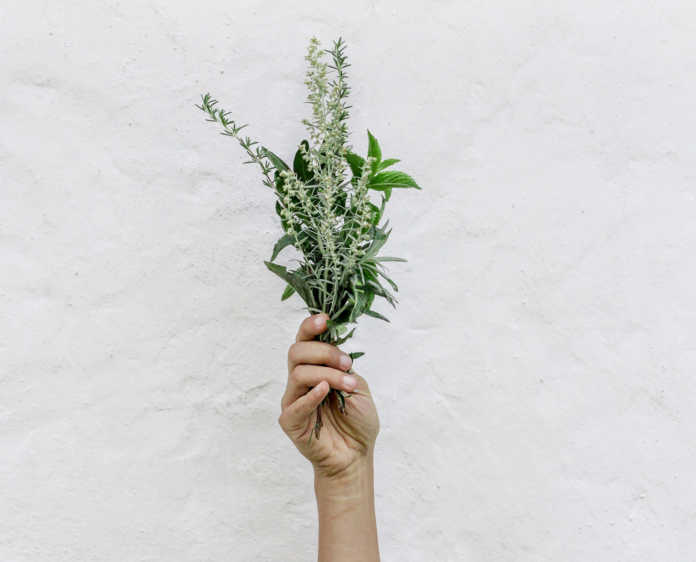
Did you know?
In many parts of Europe, doctors and natural health practitioners, when dealing with mild to moderate problems of the digestive tract, often prescribe bitters.
In the United Kingdom and the United States, anything bitter is not easily tolerated, which is why most bitter medicines are coated in sugar, mixed with sweet syrup or encapsulated.
Having such an unpleasant taste, bitters are not the first choice on anyone’s menu, but they can be the first choice when digestion is challenged through overindulgence.
The use of bitters dates back thousands of years since it is a huge consideration in the Ayurvedic diet, in which food is balanced between bitter, sour, and sweet in order to maintain balance in various systems. Ayurveda is older than the Hindu religion and oral traditions, placing its beginning to more than 40,000 years ago.
Herbal bitters have been part of every culture for millennia, though some cultures do not have written records. For example, Africans have historically used bitter plants. Herbal bitters were also used in during the ancient Egyptian civilization tens of thousands of years ago. We can safely say the same thing about the use of herbal bitters by Native Americans in North and South America.
In traditional Chinese medicine, a medical system dating more than 5,000 years, bitter plants are still known today, such as gentian, was used for medicinal purposes. According to Emil Bretschneider—physician to the Russian Legation in Beijing during the late 19th century—the use of gentian (known as ‘lung tan’ in Chinese) was first recorded around the time of Jesus, in the Shen Nung Pen ts’ao king era.
The Shen Nung Pen-ts’ao king is one of China’s oldest and most revered works on herbal medicine. Not to be outdone, traditional European medicine can trace the use of herbal bitters and other herbs, as far back as ancient Greece, which is about 4,000 years. European legend says Gentius, king of the Illyrians, who was defeated and made a prisoner of war by the Romans around 168 BC, discovered the European gentian. The herbal properties of this bitter plant were mentioned by Roman author and naturalist Pliny the Elder, as well as Greek physicians Dioscorides and Galen.
Therefore, herbal bitters have had tens of thousands of years of use! And while so many cultures have used bitters for digestive purposes, there are other health benefits as well, which require a whole other article to discuss them. VM










